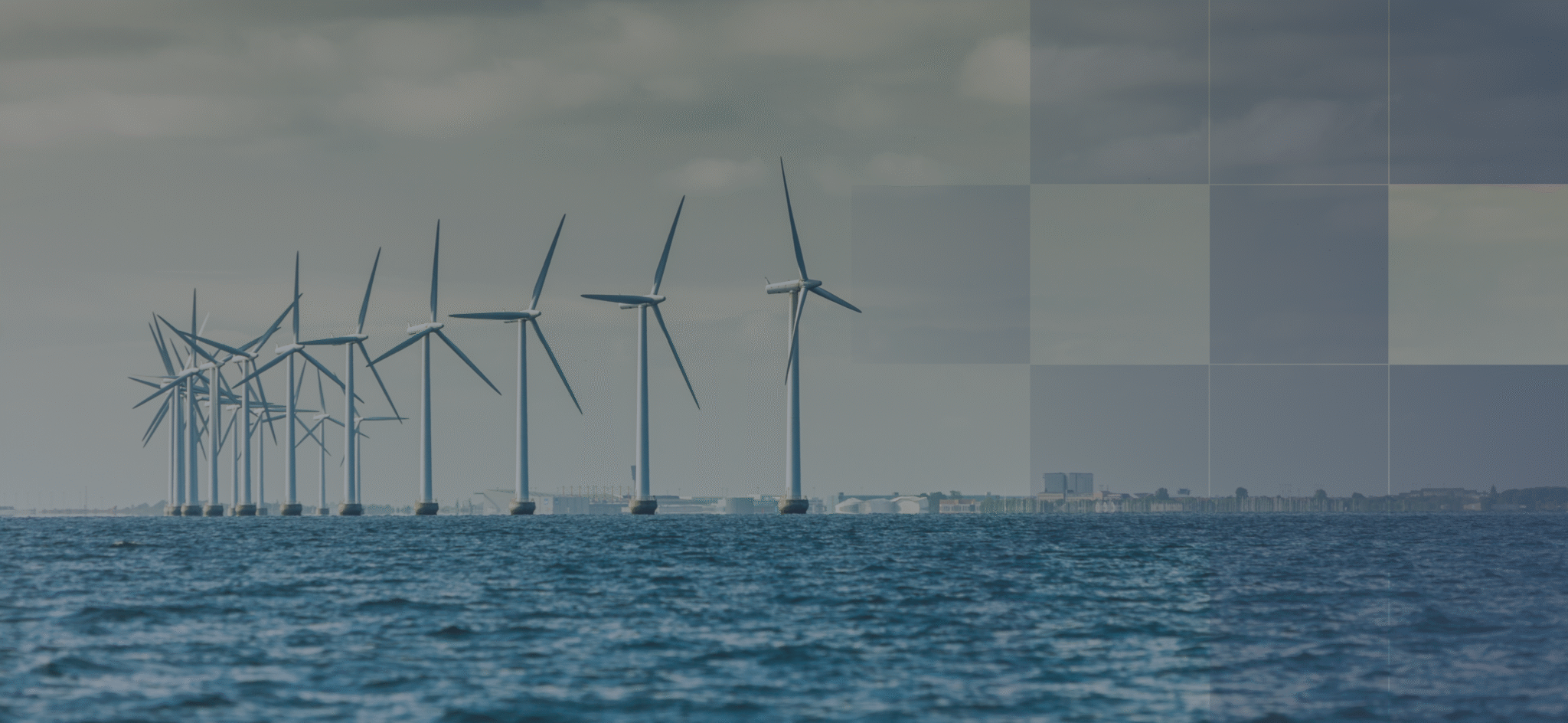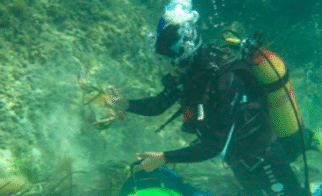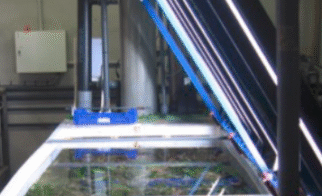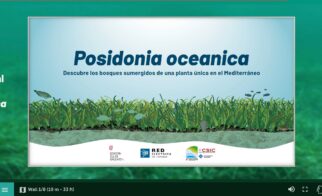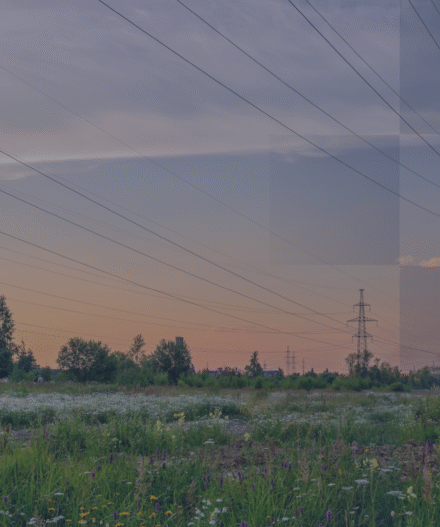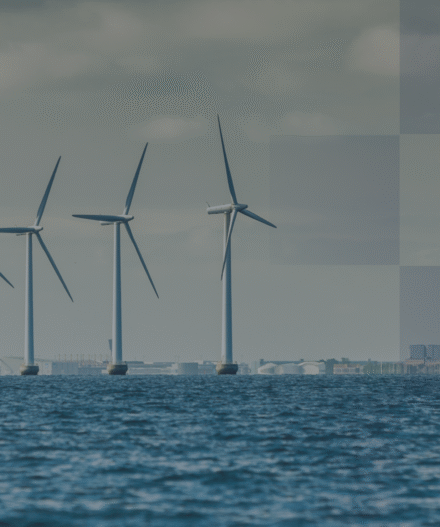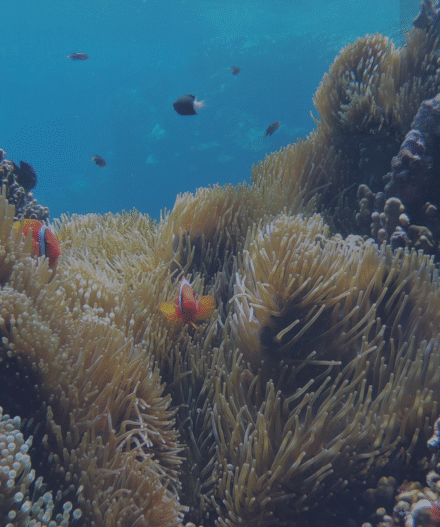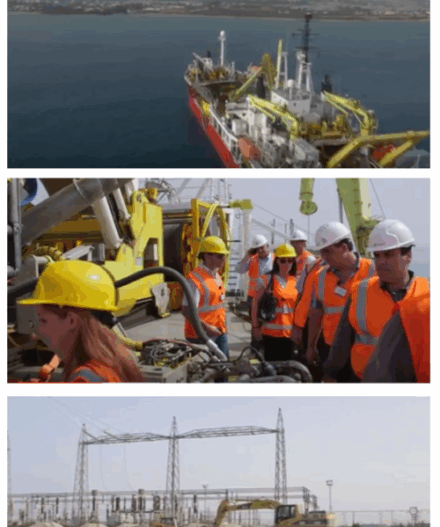Posidonia Oceanica is a seagrass species that provides essential functions to the Mediterranean ecosystem, most notably it acts as a natural carbon sink. Spanish TSO, Red Eléctrica de España (REE) has developed and applied a methodological guide to restore large-scale degraded areas and ensure the non-invasive recovery of Posidonia Oceanica, according to R&D results.
Highlights
01
After one year of planting, the survival rate was over 60%; 51% of the fragments planted in 2016 had generated new shoots after 6 months, 18% of the fragments had generated new shoots after 1 year
02
A review in 2020 showed a confirmed survival rate of >90%.
03
REE has published a methodological guide on developing an open sea grass meadow recovery method including technical, material and economic viability. Find it here.
04
A separate research project from 2020-21 also showed that Posidonia has considerable positive effects for combatting ocean plastic, as it filters these and fuses them with natural fibre budles called ‘Neptune Balls’
05
In 2021, REE announced that they would, together with the Regional Ministry of the Environment and Territory of the Balearic Islands and the Mediterannean Institute for Advanced Studies (IMEDEA), carry out a four-year long planned control and monitoring programme – read more here.
06
In 2021, a virtual exhibition was launched, which is available on REE’s website in Spanish and allows interested readers to learn much more about the project and the value of Posidonia Oceanica.
Scope
The practice has been implemented at the Balearic Islands but can be enlarged to the entire Mediterranean Sea, providing the first step towards a new understanding of reforestation in the marine environment.
Main Information
Wind farms and submarine cables can contribute to the degradation of seagrass meadows, which suffer from a 1% to 5% annual estimated rate of loss globally. Posidonia Oceanica forms large underwater meadows that are an important part of the ecosystem due to their ability to sequester about half a million tonnes of CO2 in the Mediterranean Sea per year.
Restoration projects, such as the one REE is undertaking, have the potential to increase carbon sequestration capacities, and to protect sediment carbon stocks of seagrass meadows.
To address these challenges, REE conducted research on the use of Posidonia Oceanica seedlings and developed an open seagrass meadow recovery method. The method involves the collection and cultivation of Posidonia Oceanica fragments and seeds grown under laboratory-controlled conditions or obtained directly from natural seagrass meadows. Subsequently, the seedlings can be transplanted into degraded meadow areas, for example into trenches opened on the seafloor due to works associated to the laying of submarine electricity cables. The replanting is performed using different types of substrate in order to determine which ground is best for the growth of the plant, and regular monitoring is carried out to determine the survival and growth rate of each plant.
In 2017, agreements were signed with the CSIC and the Government of the Balearic Islands for carrying out an actual project for the restoration of 2 hectares in Bay of Pollensa following the methodology which resulted from the research carried out.
Additional information
The practice has been implemented at the Balearic Islands but can be enlarged to the entire Mediterranean Sea, providing the first step towards a new understanding of reforestation in the marine environment.
01
REE, the Spanish transmission system operator, developed the practice in collaboration with the Spanish National Research Council (CSIC) from 2012 onwards.
02
Large-scale implementation of the methodology throughout the Balearic Islands is currently being planned.

The jury of RGI’s Good Practice of the Year award has selected this practice as one of the winners of the 2017 Edition in the category “Environmental Protection”. Learn more about the RGI Grid Awards in our webpage. Additionally, the practice was selected by public vote among participating past winners for the ‘10th Anniversary All-Star’ award in 2023.
other practices


